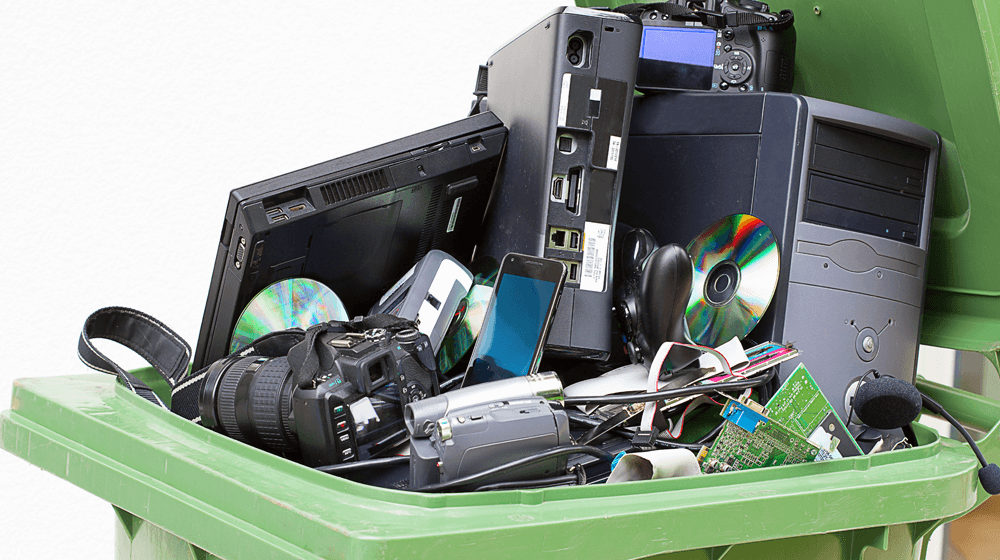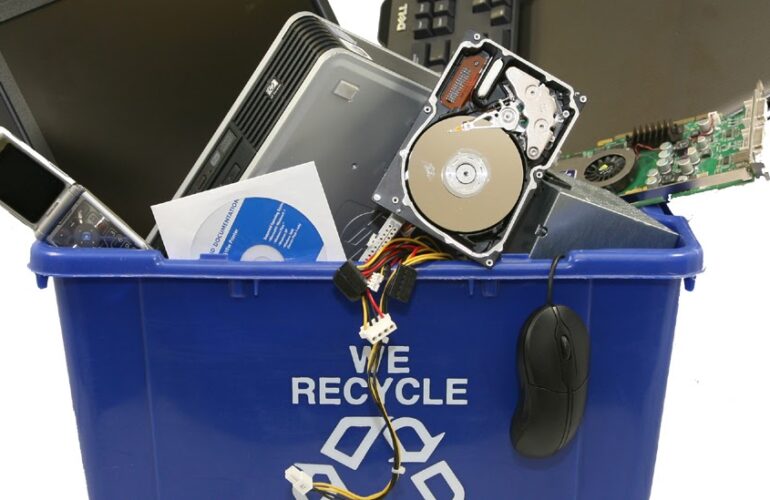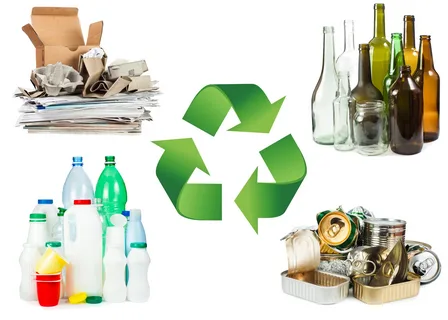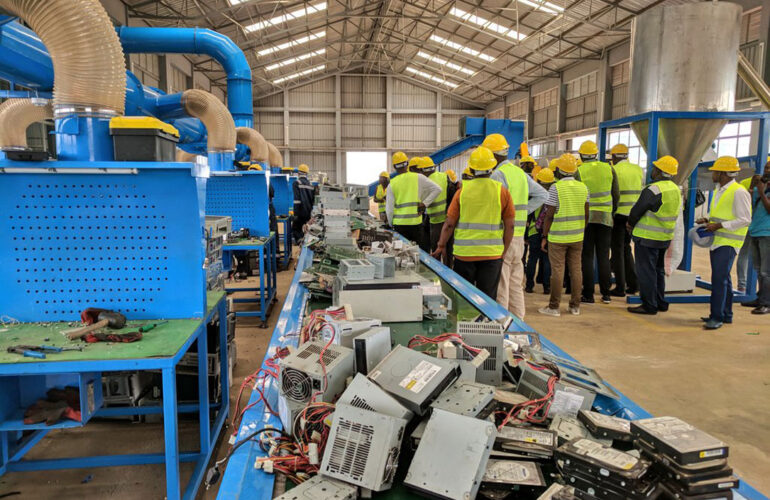With Enviroxperts, you can easily start an e-waste management business and get an EPR authorization.
Package Inclusions :-
EPR Authorization Overview for E-Waste Management
The Central Pollution Control Board (CPCB) permits the producers, importers, and brand owners (PIBO) of electrical and electronic equipment to engage in extended producer responsibility (EPR) (EEE). For managing created e-waste in an environmentally responsible manner, the ERP authorization is required and granted. Industrialized nations use a legislative method called ERP to promote and support the reuse, recycling, and environmentally appropriate disposal of electronic waste.
Extended Producer Responsibility assures that the burden of waste disposal rests with the company that made the product. Implementing the EPR goals and objectives listed in the authorization certificate, including the specifics of the PRO and e-waste exchange procedure, is required to achieve EPR. For buyback, recycling, and reuse via collection from dealers, collection facilities, Producer Responsibility Organizations (PRO), etc., EPR Authorization is necessary. This is accomplished by offering incentives to the end-user through a buyback arrangement, exchange programme, deposit refund system, or other means so that authorised units (collectors, dismantlers, and refurbishers) in the formal sector can collect and recycle (or dispose) of the waste in accordance with the CPCB’s guidelines.
Extended Producer Responsibilities Are Required (EPR)
EPR is a concept that has been in development for a very long time. EPR was initially implemented in India in 2011 as part of the E-waste (Management and Handling) Rules. It was an attempt to give the maker of the waste-producing product responsible for waste management (plastic waste and e-waste). Manufacturers/producers, dealers, and refurbishers (who aim to sell refurbished EEE) were later recognised as additional stakeholders and included under EPR with the adoption of the E-waste (Management)Rules 2016.
To hold a company that introduces EEE to the consumer market accountable for the secure collection, breakdown, and disposal (or recycling) of the e-waste produced by their products, extended producer responsibility was deemed necessary. With Extended Producer Responsibility, resources embedded in discarded e-waste will be brought back into the system. Sweden invented EPR, and in 1988 it was adopted there as the first nation. Since then, numerous nations throughout the world have adopted EPR.
Why do PIBOs require an EPR Authorization?
When a manufacturer releases a product into the market using plastic packaging, the EEE created when the product is thrown becomes e-waste. Toxic chemicals used in the production of EEE (PCTs and PCBs), plastic parts (both recyclable and non-recyclable plastic waste), metal parts, wires, electronic chips, hazardous metals and chemicals found in their components (cadmium, lead, mercury), and even some valuable metals can be found in e-waste. EPR has to be practised in light of all of this.
The Polluter Pays principle is the foundation of EPR authorization. Therefore, EPR Authorization will be required by organisations that produce trash. In addition to all of these things, a furrier additionally requires EPR authorization.
Required Documents for EPR Authorization
The following are the major documents needed to get an EPR Authorization for managing e-waste:
Process for Authorization of E-Waste EPR Registration
| Documents & Fee Submission | Document Scrutiny by CPCB | Grant of EPR authorisation |
| The applicant is needed to submit an EPR Authorization form, the necessary paperwork, and a thorough EPR Plan for the procurement, breakdown, and recycling of the goods. | Based on the EPR plan, the CPCB Chairman decides whether to approve or reject the application. The applicant will be given a deadline to address any difficulties raised by incomplete applications or other issues. | Within 120 days of receiving the acceptable application, CPCB gives an EPR authorization. A updated NOC is given in the event that the rules are changed. |
EPR Authorization Renewal
The CPCB granted the EPR authorisation, which is valid for five years. Within 60 days of the authorisation expiring, an application for renewal of EPR authorisation must be submitted.
The cost for renewing an EPR Authorization is the same as the cost for submitting a new application. The Member Secretary is the authorising authority in cases where the EPR authorisation needs to be renewed.
CPCB's denial of EPR authorization
If an application cannot provide the necessary information regarding quantity, its EPR strategy and RoHS, self-declaration, or the agreement copy with authorised dismantlers/recyclers within 45 days after the CPCB raises such a concern, the CPCB may refuse to grant EPR authorisation to that applicant. Before the issuance of an EPR authorization is denied, the applicant is given the chance to make its case.
EPR authorization revocation
The CPCB may revoke an authorised entity’s EPR authorization if they are found to be in violation of any sections, guidelines, or revisions in the E-waste (Management) Rules, 2016, at any point throughout the operation.
How will Enviroexperts Assist You?
| One-Stop EPR Solution | End-to-End Guidance | Timely Assistance |
| Enviroexperts offers one-stop assistance for all of your legal needs relating to your EPR authorisation. Our team is made up of subject matter specialists who provide correct answers to all of your questions. | Our staff is aware of how valuable your company is to you. From the beginning to the finish of the process for obtaining an EPR authorization, we offer comprehensive support. | Experts at Enviroexperts are renowned for responding quickly. We make sure that all of our communications with our clients are seamless, timely, and positive. |




